Throughout history, myriad cities have served as national capitals only to relinquish that position due to either the dissolution of their host nations or the deliberate relocation of the seat of power. Presented herein is a succinct list of eight countries that have, in more contemporary times, undergone the change of their capital cities.
ALSO READ| Top 10 Countries That Pay You To Move As Foreigner in 2023
List of Countries That Moved Their Capital State
The country that has changed its capital state most recently is Myanmar. Here is the list:
- Myanmar - 2005
- Kazakhstan - 1997
- Tanzania - 1996
- Nigeria - 1991
- Ivory Coast - 1983
- Brazil - 1960
- Pakistan - 1959
- Russia - 1918
8 Countries That Moved Their Capital State
1. Myanmar
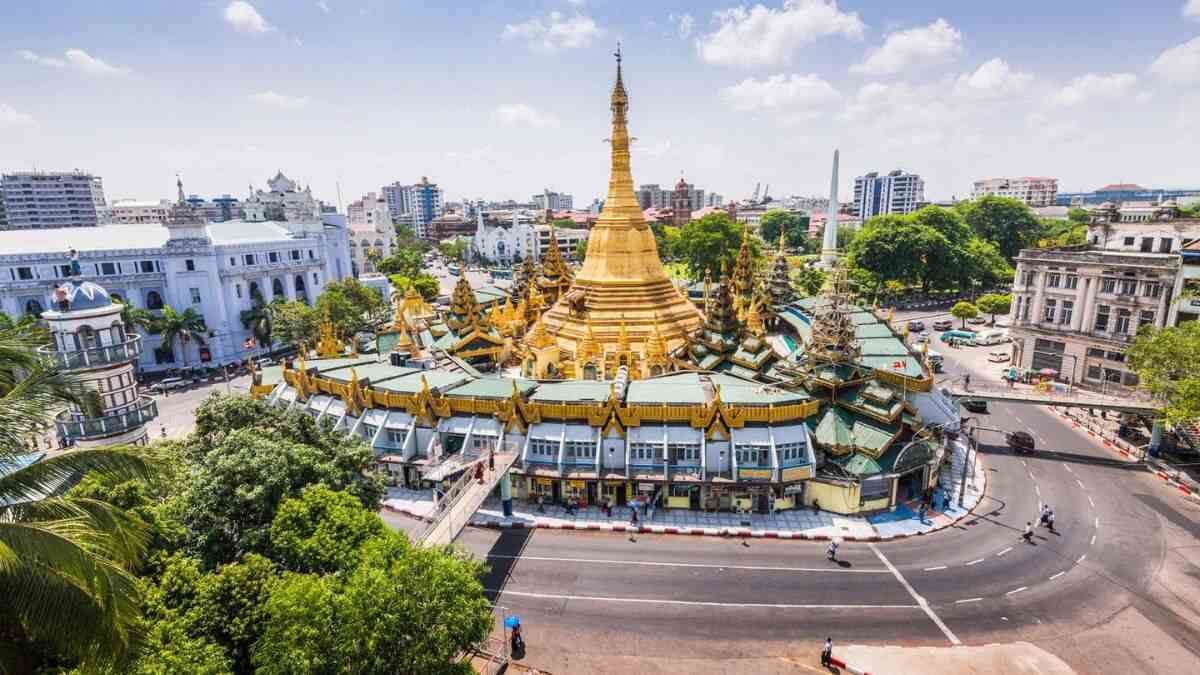
In 2005, Myanmar's military rulers executed a decisive shift of the capital, relocating it 320 kilometers (200 miles) northward from Rangoon (Yangon). This new administrative center was officially christened Naypyidaw the following year. The rationale behind this move, though, has sparked speculation among some in Myanmar (Burma), who attribute it to some astrologer's forewarning of a potential foreign military assault.
ALSO READ| 9 Safest Countries in the World for Women to Travel Or Live In: Check List Here
2. Kazakhstan
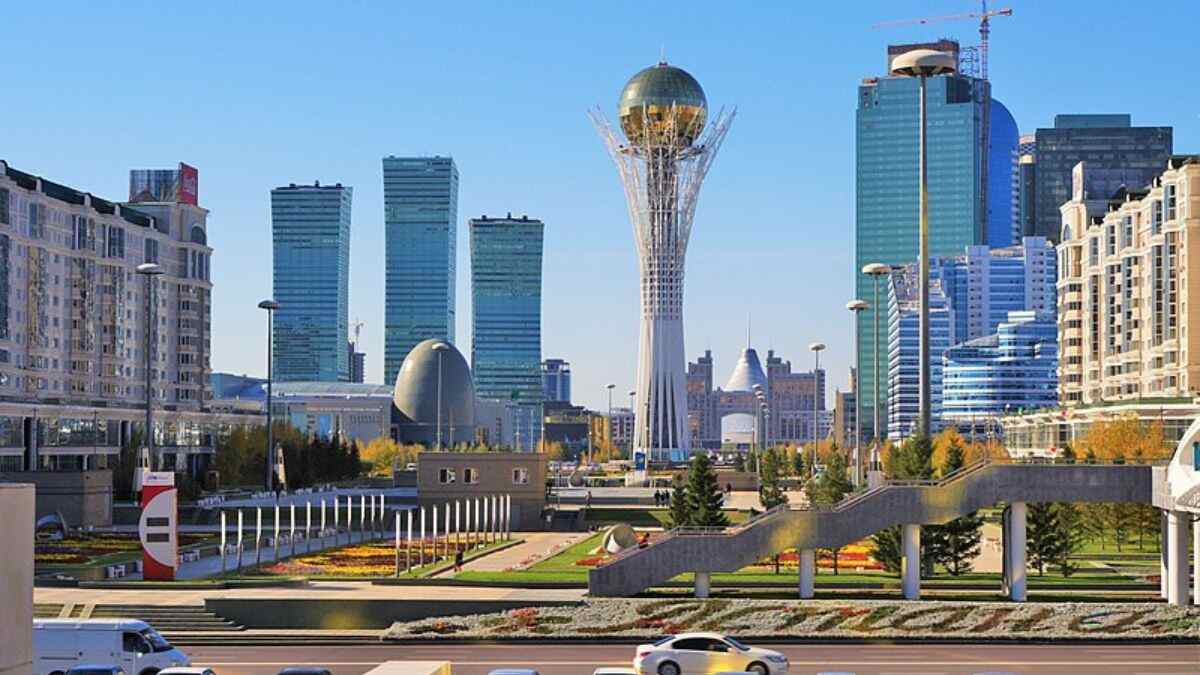
Astana, a planned city, made the capital city of Kazakhstan in 1997, supplanted Almaty, which remains the country's commercial and demographic center. The government of Kazakhstan's reason for migrating the capital northward to Astana from the southeast corner of Almaty encompassed concerns about seismic activity in the area and its proximity to the Chinese border.
3. Tanzania
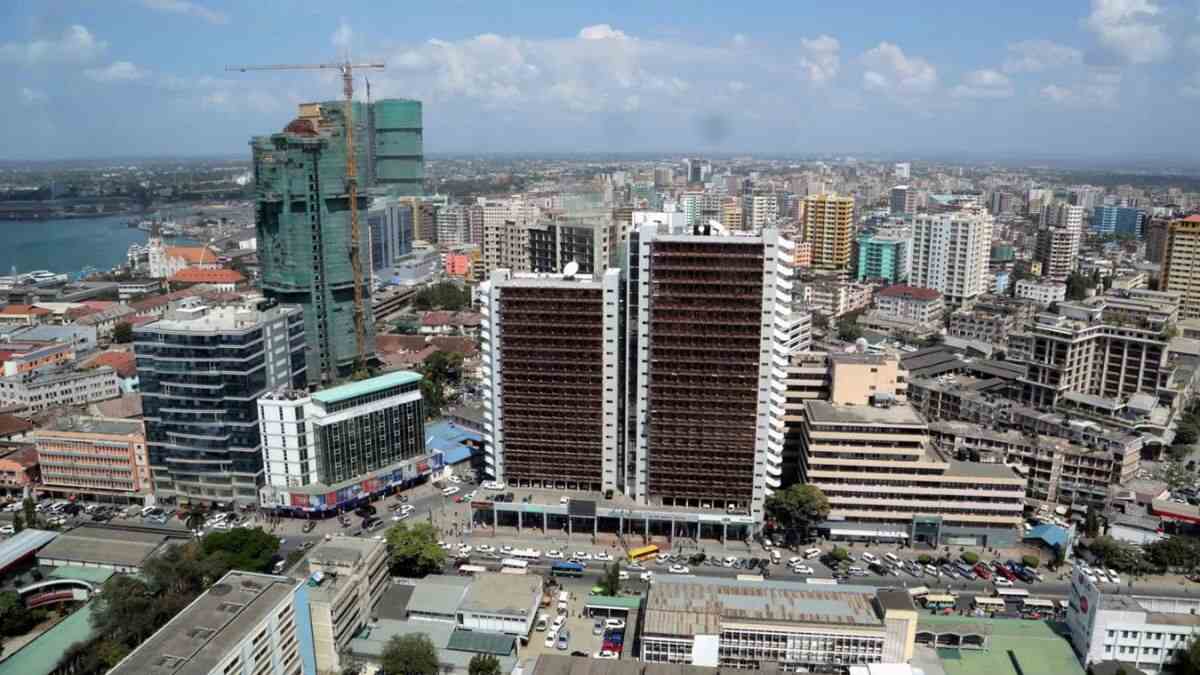
The construction of Dodoma, Tanzania's prospective capital, was conceived by the American architect James Rossant in the mid-1980s. While Dodoma currently hosts the national assembly during sessions, the majority of government ministries, as well as all foreign embassies, continue to operate in the former capital, Dar es Salaam. This transition has not consistently met with resounding success.
4. Nigeria
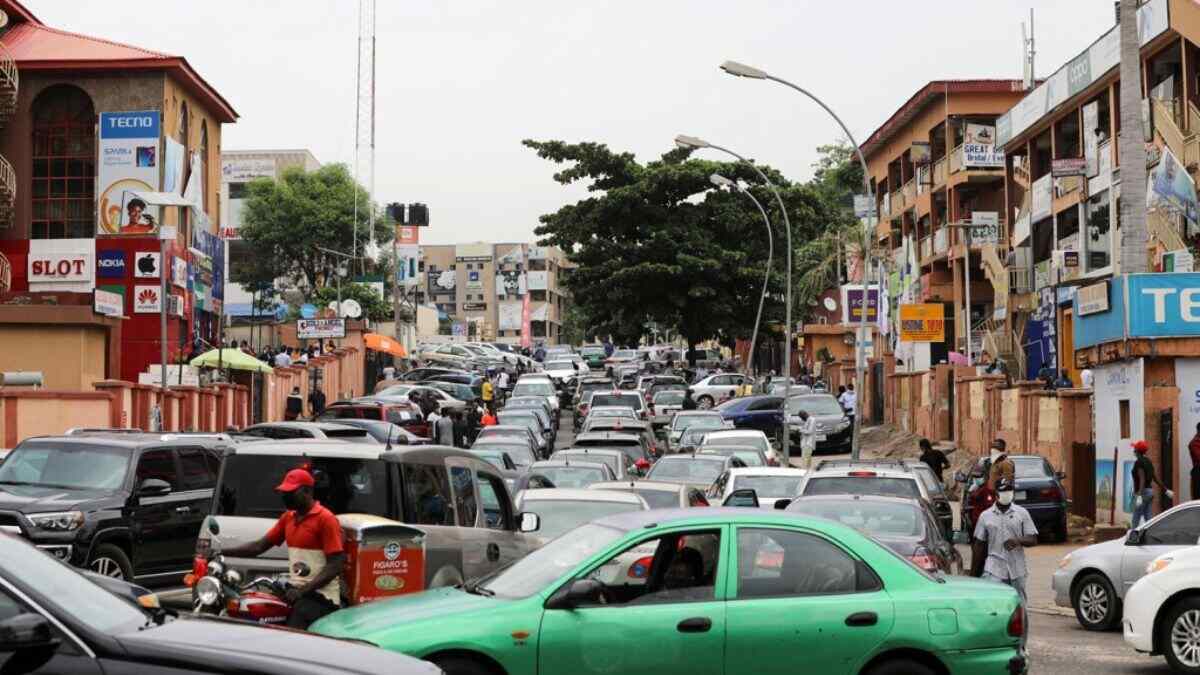
In 1991, Nigeria opted to transfer its capital from Lagos, its most populous city and economic epicenter, to Abuja. This relocation was motivated by Lagos' ongoing economic expansion, prompting the Nigerian regime to redirect its administrative focus towards the nation's interior, culminating in the selection of Abuja as the new capital.
ALSO READ| World’s 11 Safest Countries to Visit in 2023: Check Complete List Here!
5. Ivory Coast
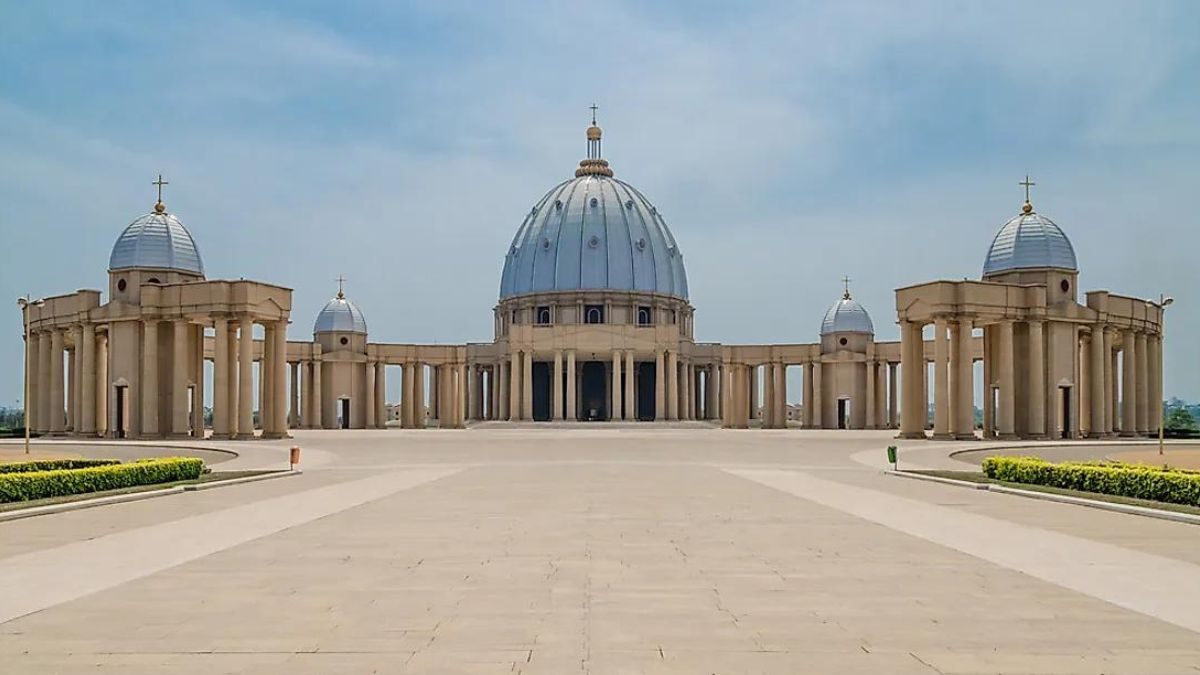
Felix Houphouet-Boigny, the post-independence leader of Ivory Coast, initiated plans in the 1960s to establish a new capital at his birthplace. Consequently, Yamoussoukro was anointed as the capital in 1983, despite Abidjan's status as the country's economic hub and largest city.
6. Brazil
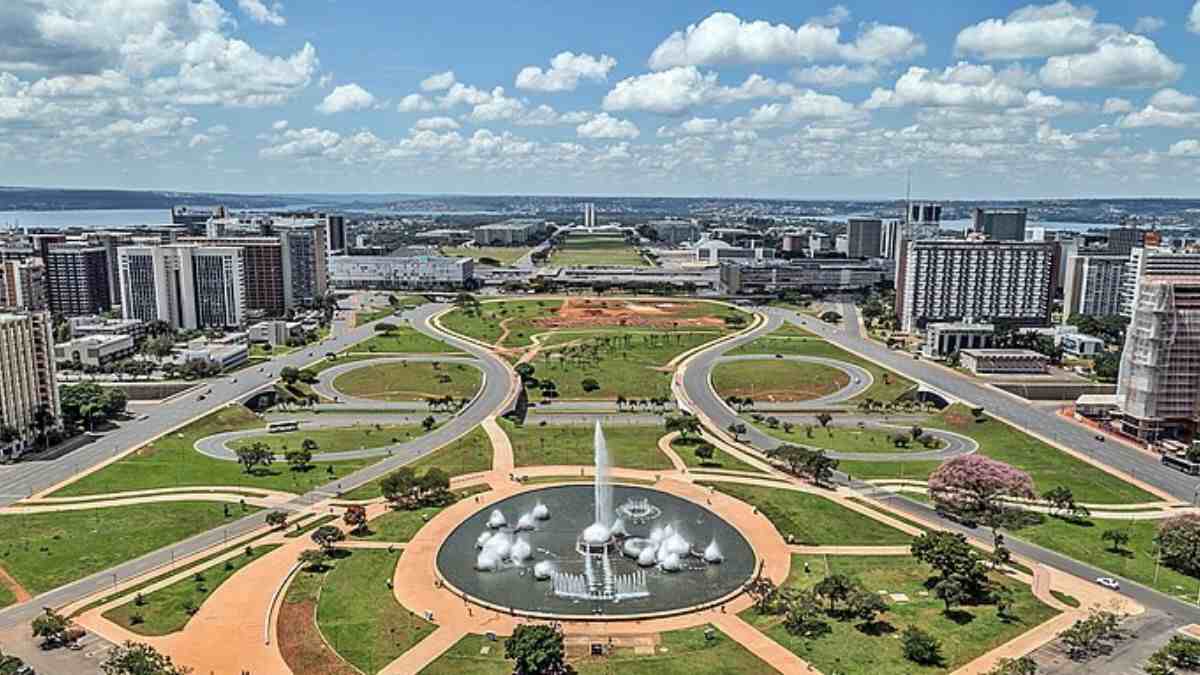
Brazil embarked on a grand endeavor in the 1950s, commissioning the construction of Brasilia, a meticulously designed city at the geographical heart of the nation. This ambitious project aimed to supplant Rio de Janeiro as the country's capital. Notably, Brasilia's iconic civic edifices, conceived by the renowned architect Oscar Niemeyer, were inaugurated in 1960.
7. Pakistan
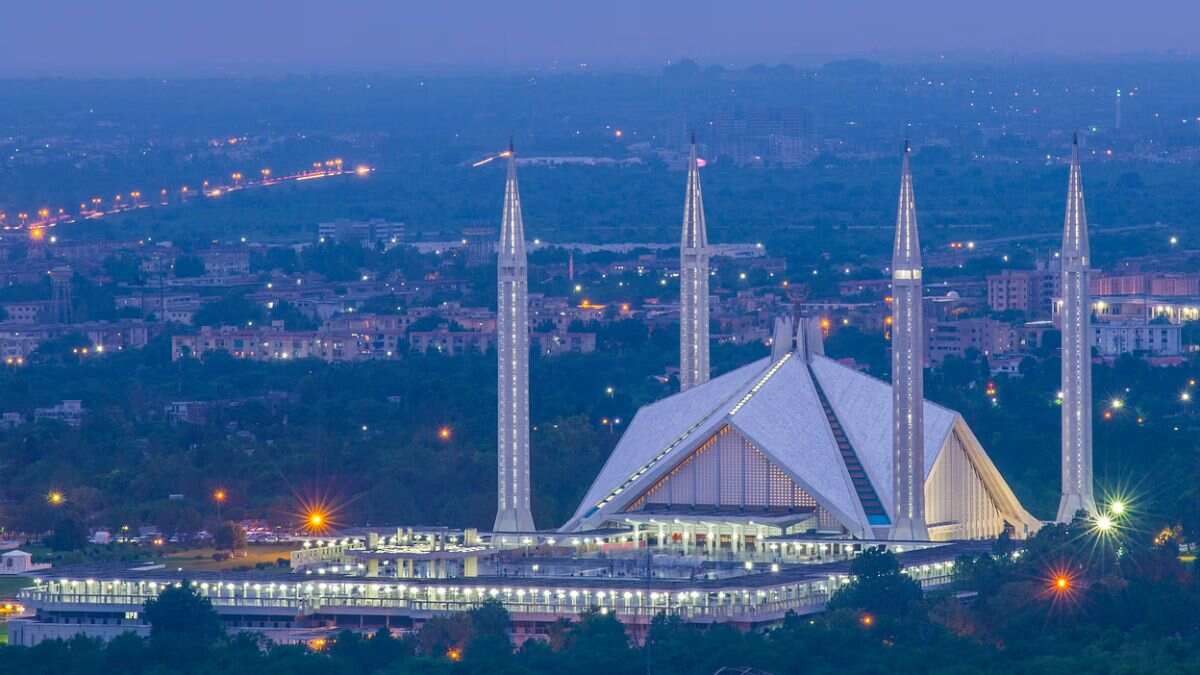
In 1959, Pakistan made the strategic decision to relocate its capital from the southern metropolis of Karachi to the northern city of Islamabad. Although construction did not commence until 1961, the establishment of this new capital was seen as an emblem of the diverse Pakistani populace, detached from Karachi's bustling commercial activities, yet accessible from all corners of the nation.
8. Russia
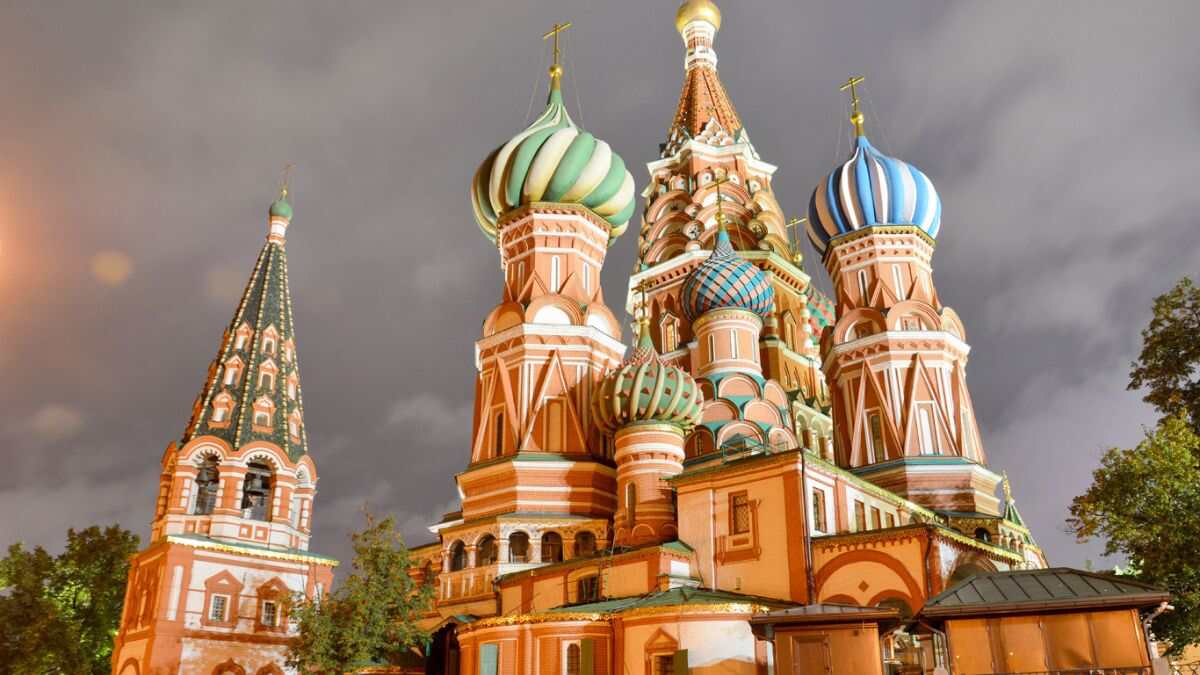
Russia's historical oscillation between Moscow and St. Petersburg as its capital cities is noteworthy. St. Petersburg, founded by Peter the Great in 1703, held the capital status from 1712 to 1918 when the government ultimately reverted to Moscow. This transition was officially authorized by the 4th all-Russian Congress of the Soviets on March 16, 1918, amid the volatile backdrop of the Russian Revolution. The congress based its decision on the evolving dynamics in Petrograd (St. Petersburg) and deemed Moscow a more suitable temporary capital for the Russian Socialist Federative Soviet Republic.
Comments
All Comments (0)
Join the conversation